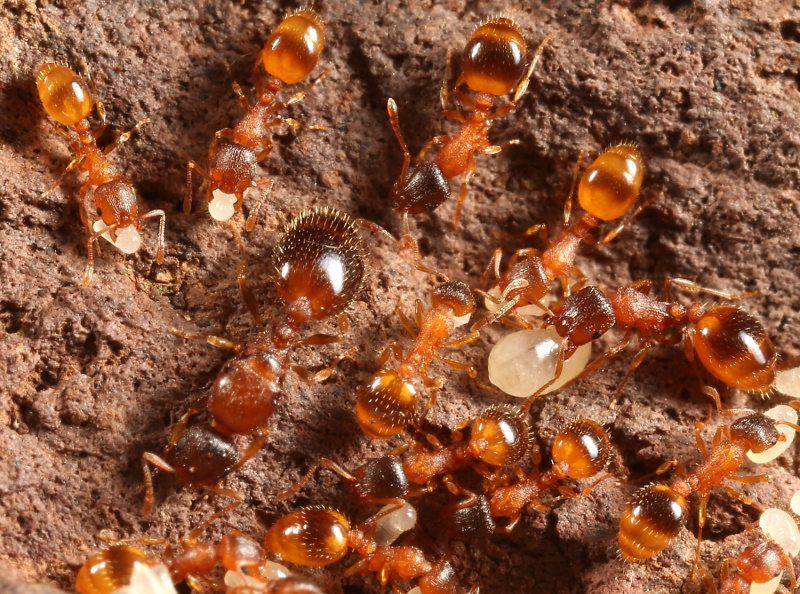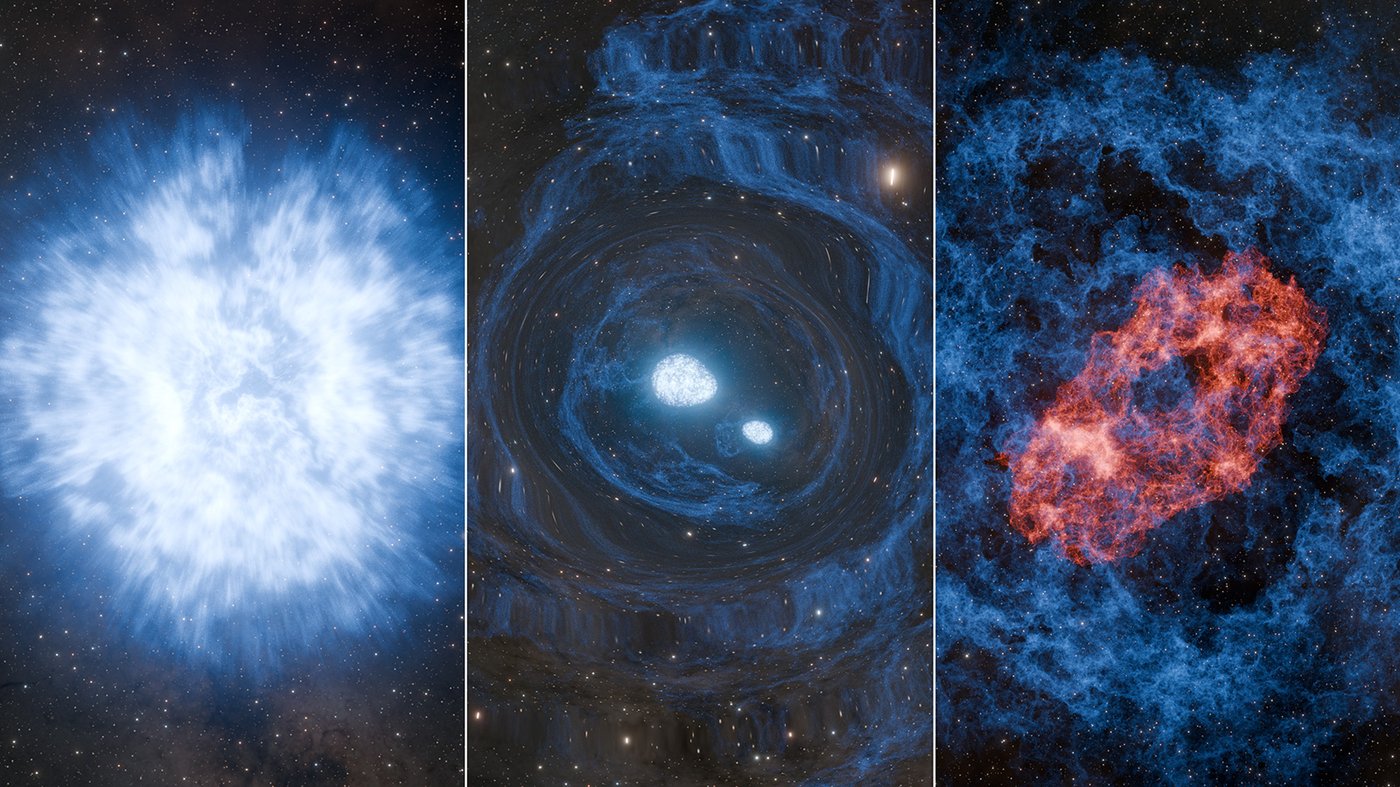Experience Influences Ants' Choices, Study Finds

As ants search for the safest spot possible, do they prefer houses with a smaller entrance, or a darker interior? It all depends on what they were exposed to in the past, according to a new study.
Ants may choose their rock crevice dens based on how safe they feel from predators, or to keep the interior temperature of their nest cooler, lead researcher Takao Sasaki, a doctoral student at Arizona State University (ASU), told LiveScience.
While researchers have explored these preferences before, this is the first time that ants have been shown changing their priorities according to experience as they make decisions.
"They don’t move to a new home randomly. They look for other attributes," Sasaki said.
The study examined Temnothorax rugatulus, an ant species that tends to live in moist areas of higher-elevation forests in North America. Sasaki and his co-adviser Stephen Pratt (who leads a research team at ASU looking at complex social behavior in insects) first allowed 54 colonies of ants to choose between nests with small entrances and nests with darker interiors in various combinations. The smaller entrance would presumably seem safer from predators, though wouldn't have been as good at regulating temperature, while the darker interior would allow for better temperature regulation, but would have a bigger entrance.
They then divided the ants into two sets, with each forced to choose from a different set of criteria. One set of 26 colonies had a choice of different entrance sizes, and the other set of 28 colonies had different light conditions inside. This forced the ants to choose a living space based on only one of the two criteria.
Afterward, the ant colonies were then given a free choice between a nest with a small entrance, and a nest with darker conditions inside. Of the 26 colonies that previously chose among entrance sizes, 17 of them picked the nest with the smaller entrance — a rise from 10 colonies before the "treatment." As for the 28 colonies that had different light choices, 19 of them went with the darker nest, up from 16 before the forced pick.
Get the world’s most fascinating discoveries delivered straight to your inbox.
"[Some researchers think] ants don't have memories — they can't remember what happened in the past, but this study shows they can," Sasaki said, saying a logical next step would be to see if individual ants can make these decisions outside of the colonies.
Sasaki, however, is soon moving his research to the University of Oxford in England, where he plans to see if pigeons can make similar decisions. "It will be interesting to see if pigeons can do that," he said. His ant research was detailed in a November issue of the journal Biology Letters.
Follow Elizabeth Howell @howellspace. Follow us @livescience, Facebook & Google+. Original article on Live Science.

Elizabeth Howell was staff reporter at Space.com between 2022 and 2024 and a regular contributor to Live Science and Space.com between 2012 and 2022. Elizabeth's reporting includes multiple exclusives with the White House, speaking several times with the International Space Station, witnessing five human spaceflight launches on two continents, flying parabolic, working inside a spacesuit, and participating in a simulated Mars mission. Her latest book, "Why Am I Taller?" (ECW Press, 2022) is co-written with astronaut Dave Williams.


